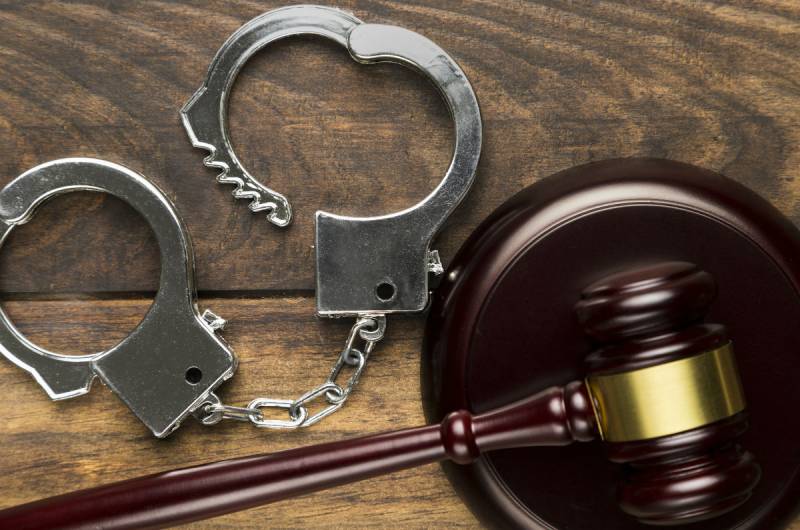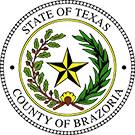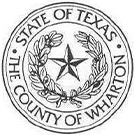Bail Bonds Houston and surrounding areas
Facing legal challenges can be one of the most stressful experiences in life, especially when it involves the possibility of jail time. During these trying times, finding a reliable and compassionate bail bonds service is paramount. That’s where ASAP Bail Bonds comes in.
We understand the emotional and financial toll the bail process can take on individuals and their families. With our expert team of bail bondsmen based in Houston, Texas, we’re here to guide you through every step of the bail process with speed, confidentiality, and empathy.
At ASAP Bail Bonds, we specialize in a comprehensive range of bail bond services designed to meet the diverse needs of our clients. Whether you’re dealing with federal charges, seeking a transfer bond, or navigating the complexities of the Harris County bail system, our experienced team is equipped to handle your case with the utmost professionalism and urgency.
Why should you choose ASAP Bail Bonds in Houston? Our dedication to providing a seamless, stress-free experience sets us apart. We’re not just a bail bonds service; we’re your ally during the most challenging times, offering professional care with a hint of wit to keep the spirits up. We prioritize your needs, ensuring that we’re not only offering a service but also a shoulder to lean on.
Our commitment to speed and reliability means that we work tirelessly to secure your or your loved one’s release as quickly as possible. We understand that time is of the essence, and every moment counts. That’s why our services are available 24/7, ensuring that help is always at hand when you need it most.
Who We Are, What We Do, and Why You Should Choose ASAP Bail Bonds
ASAP Bail Bonds in Houston is your premier bail bonds service in Houston, Texas. We specialize in a variety of bail bond services, including federal bail bonds, surety bonds, and transfer bonds among others. Our team of experienced professionals is dedicated to providing you with the highest level of service during your time of need.
We navigate the complexities of the bail process for you, offering a guiding hand and expert advice every step of the way. Our services are designed to ensure a smooth, efficient release from custody, with a focus on speed, reliability, and transparency.
Choosing ASAP Bail Bonds in Houston means opting for a partner who values your freedom and well-being. Our fast, reliable, and compassionate approach ensures that we’re not just a service provider, but a lifeline during difficult times. With ASAP Bail Bonds, you’re choosing a team that stands by your side, offering support, guidance, and a timely release.
Don’t let the bail process overwhelm you. Contact ASAP Bail Bonds in Houston today for immediate assistance. Our team is ready to support you 24/7, offering a fast, reliable service that puts your needs first. Reach out now and let us help you secure your freedom with the care and urgency you deserve.

Understanding the Bail Bonds System in Houston, Texas
Basics of Bail Bonds in Houston
Navigating the bail bond system can seem daunting, especially when you or a loved one is in custody. At its core, the bail bond system in Houston and Harris County is designed to ensure the accused’s appearance in court while allowing them to remain free until their court date. Bail can be set in various forms, including cash bail, surety bonds, and personal bonds, each with its own set of conditions and requirements.
Types of Bail Bonds Services Offered by ASAP
ASAP Bail Bonds offers a variety of services to meet the specific needs of our clients. Our services include:
Federal Bail Bonds
Navigating federal charges requires expertise due to their complexity and higher stakes. We specialize in securing federal bail bonds efficiently.
Surety Bonds
Acting as a guarantee between the court and the defendant, surety bonds are a common method for securing release.
Transfer Bonds
For those arrested outside of their home state, transfer bonds are essential for release. We manage the process across state lines, ensuring a smooth transition.
Personal Bonds
In some cases, a personal bond may be granted, allowing release on personal recognizance. We can assist in negotiating for this option when possible.
Our team is adept at handling each type of bond with the professionalism and urgency it requires.

How ASAP Bail Bonds Stands Out
Choosing ASAP Bail Bonds in Houston means opting for a partner with an unmatched commitment to your freedom and well-being. Our rapid response times, deep understanding of the bail process, and personalized attention set us apart. We believe in transparent communication, ensuring you are fully informed and comfortable throughout the process.
Our track record of success and testimonials from those we’ve helped underscore our commitment to being more than just a bail bonds service—we’re your ally in navigating the bail process.
How to Secure Bail Bonds in Houston with ASAP
Securing a bail bond with ASAP is a straightforward process, designed to get your loved ones released as quickly as possible. Here’s how you can start:
Contact Us
Reach out to us via phone, online form, or chat. We’re available 24/7 to assist you.
Provide Necessary Information
We’ll need some basic information about the detainee, including their full name, jail location, and the charges they are facing.
Discuss Financial Arrangements
We’ll explain the fees associated with the bail bond and discuss payment options. Our aim is to find a solution that works for you.
Complete Paperwork
Our team will guide you through the necessary paperwork to ensure a smooth process.
Release Process Begins
Once the paperwork is completed and financial arrangements are made, we’ll immediately start the release process.
Our team is with you at every step, ensuring a stress-free process.

What You Need to Know: Fees, Agreements, and Expectations
Understanding the financial aspect of bail bonds is crucial. Here’s what you need to know:
Bail Bond Fees
Fees are typically a percentage of the total bail amount, set by state law. We strive to offer the most competitive rates.
Payment Options
We offer various payment options to accommodate your financial situation, including payment plans.
Agreements
It’s important to understand the agreement you’re entering into with a bail bonds service. We ensure transparency and clarity in all our dealings.
We’re here to answer any questions you have, ensuring you’re fully informed throughout the process.
Tips for a Smooth Bail Process
To ensure a smooth bail process, consider the following tips:
Understanding the bail process can help reduce stress and confusion. Don’t hesitate to ask questions.
Stay in touch with your bail bonds agent throughout the process. Prompt communication can expedite the release.
Keeping all necessary documents in order can speed up the process. We’ll guide you on what’s needed.
Our team is committed to making the bail process as smooth and swift as possible for you.
Why Choose ASAP Bail Bonds?
When it comes to navigating the complexities of the bail bond process, choosing the right partner can make all the difference. Here’s why ASAP Bail Bonds in Houston is your best choice:
Speed
We understand that time is of the essence. Our experienced team works quickly and efficiently to secure your or your loved one's release as soon as possible.
Reliability
With years of experience in the bail bonds industry, our track record speaks for itself. We’re known for our reliability and professionalism, ensuring that we’re there when you need us most.
Personalized Attention
At ASAP Bail Bonds, we treat every case with the care and urgency it deserves. We believe in a personalized approach, ensuring that you’re not just a case number to us.
24/7 Availability
Emergencies don’t wait, and neither do we. Our services are available around the clock, ensuring that we’re ready to assist you at any hour.
Compassionate Service
We understand the stress and anxiety that come with the bail process. Our team approaches every situation with empathy and discretion, offering support throughout the entire process.
Choosing ASAP Bail Bonds means opting for a partner who values your freedom and well-being above all else. Let us take the burden off your shoulders, providing you with peace of mind and the quickest path to release.
Frequently Asked Questions
How quickly can bail be arranged?
In many cases, bail can be arranged within hours. The exact timing can depend on the complexity of the case and the jurisdiction.
What information do I need to provide to start the bail process?
You’ll need to provide the full name of the detainee, the jail where they are being held, their booking number, and the charges, if known.
Can I finance the bail bond fees?
Yes, we offer financing options to help make the bail bond process more accessible. Our team can work with you to set up a payment plan that fits your financial situation.
What happens if the person released on bail does not appear in court?
If the person does not appear in court, it could result in the forfeiture of the bail bond. We provide guidance and support to help ensure court appearances are met.
Are bail bond services available 24/7?
Yes, ASAP Bail Bonds offers 24/7 bail bond services to ensure that you can reach us at any time, day or night.
How can I trust ASAP Bail Bonds with the bail process?
Our track record of success, professional accreditation, and positive testimonials from clients we’ve helped serve as the foundation of our trustworthy reputation.
Can ASAP Bail Bonds handle federal bail bonds?
Yes, we specialize in federal bail bonds, which require a higher level of expertise due to their complexity and higher amounts.






